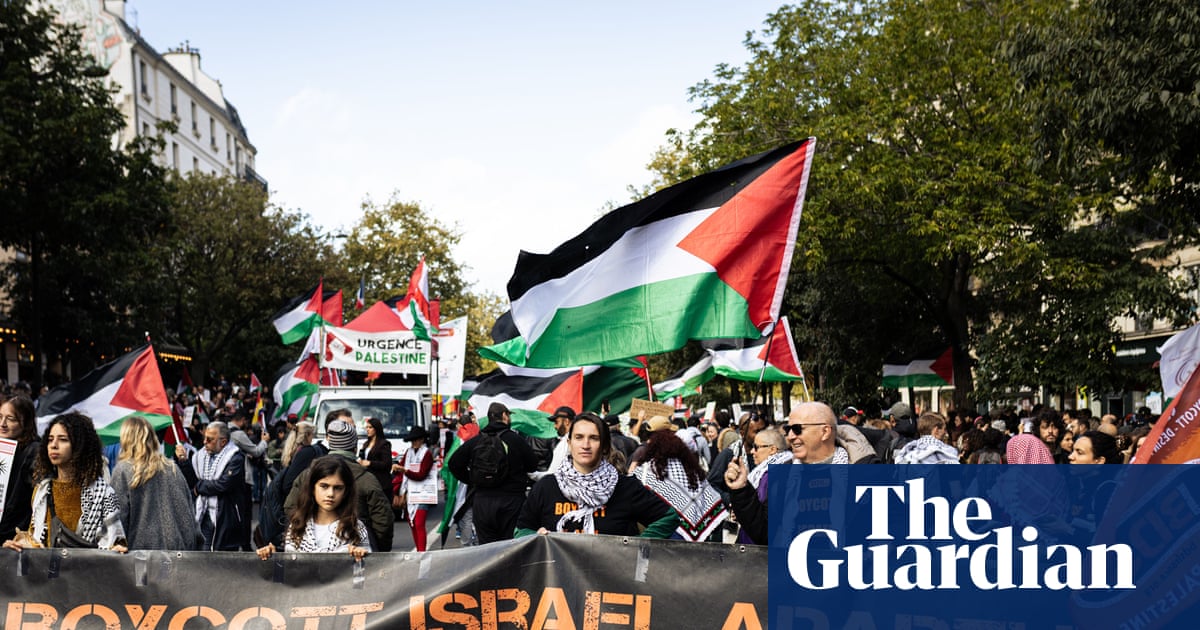The Unbelievable Closure of Shouk: Israel's Cultural Boycott Gains Momentum!












2025-10-11T11:02:00Z

Imagine running a beloved restaurant for over a decade, only to see it shut down due to the political storm brewing thousands of miles away. This is the heart-wrenching reality for Shouk, a popular plant-based eatery in Washington, D.C., which recently closed its doors for good. The co-founder, Dennis Friedman, revealed that the ongoing war in Gaza made it impossible to continue operations amid mounting boycotts and harassment.
For Friedman, whose roots trace back to a Jewish American heritage, the closure of Shouk isn’t just a business loss; it’s a personal blow. “I feel terrible because Shouk wasn’t a political place; it was a place for people to come together,” he lamented. But as tensions in Gaza have risen, the once peaceful dining establishment became a target of activists claiming it appropriated Palestinian cuisine and used Israeli products.
This isn’t an isolated incident. Shouk’s struggle reflects a growing trend where businesses associated with Israel and its policies are increasingly facing backlash. The humanitarian crisis in Gaza has reignited calls for boycotts against Israeli businesses, slashing through the previously unyielding support for Israel in Western nations. The boycott movement, which has shifted from fringe discussions to a more mainstream protest, echoes sentiments akin to the global anti-apartheid movement of the 1980s.
As the world watches, the conversation around Israel and its policies is shifting dramatically. Jeremy Ben-Ami, president of the pro-Israel group J Street, noted, “It’s as big a shift as I’ve seen in my life regarding attitudes not only in the American Jewish community but the public broadly.” This isn’t just about Shouk; it’s a reflection of a larger societal discourse that’s evolving in real time.
Recent reports indicate that the death toll in Gaza has surpassed 67,000, raising alarm bells globally. The UN has even suggested that Israel's actions may amount to genocide. “I don’t think that this is somehow in any way antisemitic or anti-Israel,” Ben-Ami adds, emphasizing the distinction between criticizing governmental actions and harboring anti-Semitic sentiments.
The BDS movement, which has been advocating for non-violent pressure against Israel for over two decades, is gaining new traction. As more individuals and organizations join the cause, including a coalition of over 4,500 film workers pledging to boycott Israeli institutions, it becomes clear that a cultural shift is underway. From the literary community to major Hollywood figures, artists are now using their platforms to protest Israel’s policies.
Events like the upcoming Eurovision song contest are also under scrutiny, with calls for Israel's exclusion causing waves of discussion. For many Israelis, participation in Eurovision is not just a musical event; it’s a source of national pride. The potential for a boycott represents a significant cultural blow.
As the boycott movement grows, so too do the arguments against it. Critics argue that these actions unfairly target innocent individuals, including artists and academics. However, advocates are adamant that this isolation is necessary to hold Israel accountable for its actions.
In a world where collective punishment is already a harsh reality for those in Gaza, the pressure on Israel to change its approach is palpable. The call for a cultural boycott isn't merely about politics; it’s about ethics and humanity.
As we witness this unfolding narrative, the parallels with the anti-apartheid movement become increasingly relevant. The question remains—will this new wave of activism lead to meaningful change, or will it simply fall into the deafening silence of inaction?
 Hans Schneider
Hans Schneider
Source of the news: The Guardian